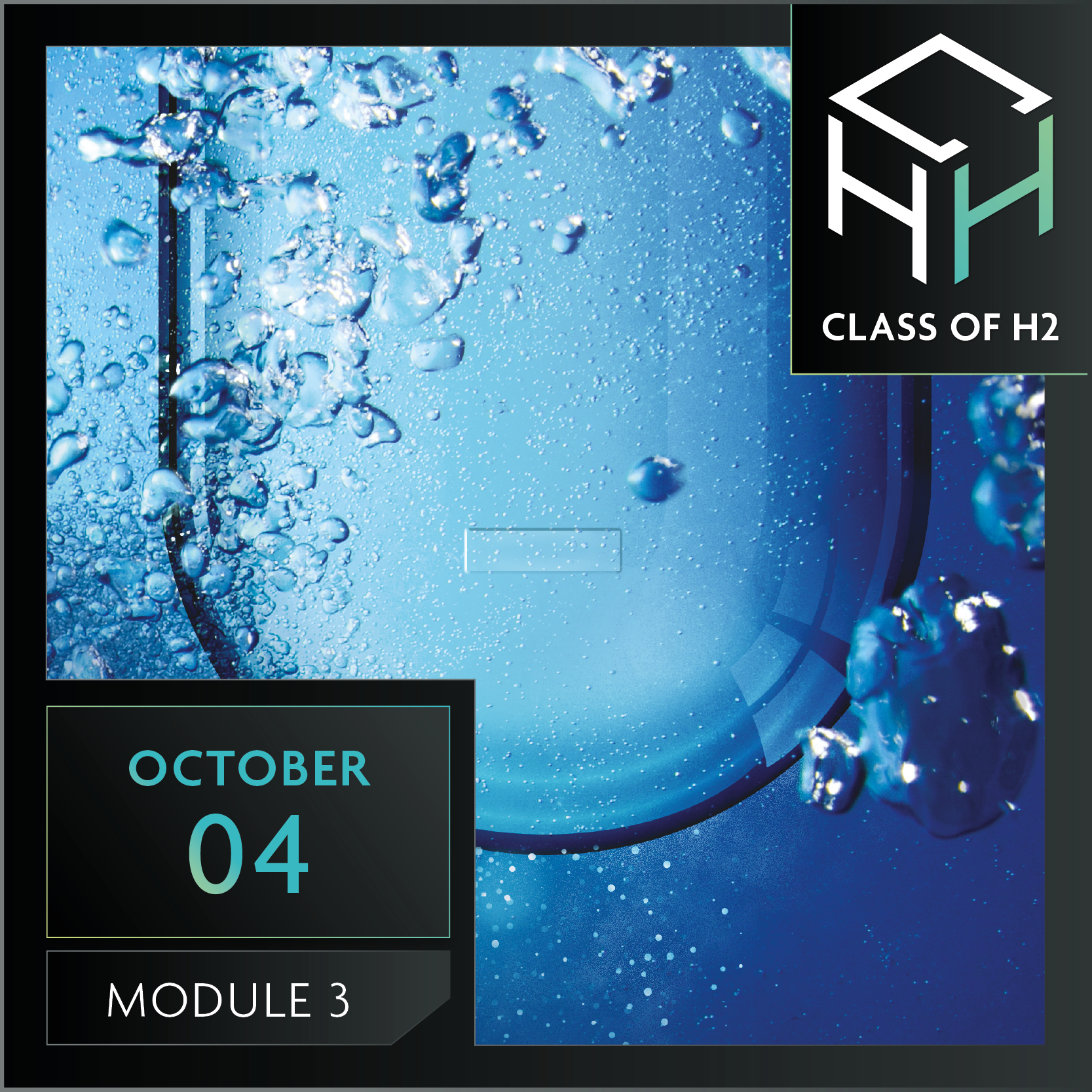Description
Electrolysis & thermolysis: Key pathways for low-carbon & green hydrogen production
With the 2015 Paris Agreement aim of reducing the average global temperature rise to below 2°C, there is an urgent need to decarbonise in the short-term and reduce our reliance on fossil fuels in the long-term. This is particularly necessary in emerging economies, where access to cheap and reliable energy is essential towards their development.
Although dependant on how it is produced, hydrogen can be considered a carbon-neutral alternative.
There are various types of hydrogen, categorised by their form of production. Grey hydrogen is made from fossil fuels, such as coal and oil, which emit CO2 as they combust. Blue hydrogen is made in produced in the same way, however carbon capture technology is then used to prevent the release of CO2. Finally, green hydrogen is the cleanest form of hydrogen, produced from renewable energy and creating zero carbon emissions.
Learn about the key pathways for low-carbon and green hydrogen in this online training module from Class of H2.
You will gain understanding and insight into the fundamentals behind electrolysis, how this leverages the renewable electrical power generated by wind, solar or hydro schemes, and the key considerations in fresh water supply; the traditional process and technologies behind reforming and gasification that are essentially reloaded during this energy transition; and an overall assessment of the pathways to low-carbon hydrogen supported by comparative case studies and data-graphics.
Why attend
- Build your knowledge of the key pathways behind low-carbon hydrogen
- Better understand both the science and the business case(s) behind the different shades of hydrogen
- Tackle the challenges and opportunities behind water electrolysis
- Enhance your understanding of gasification, a century-old technology with a revitalised future
- Challenge your thinking and critique your business model
- Sharpen your knowledge of the molecule and ‘how it works’ as well as the technologies that make it happen
When and where:
Wednesday 4th October, 9:30am to 11:30am CEST (08:30am to 10:30am BST)
You can expect
- 90 minutes masterclass on the topic from recognised trainer
- 30 minutes audience Q&A per module (moderated)
- Diagrams, images and data-graphics to enrich the experience
- PDF slide deck of module provided to all participants, post-session
- Available on-demand as a recording of the live session
